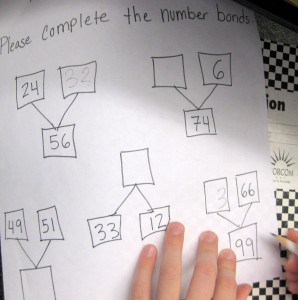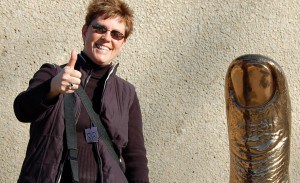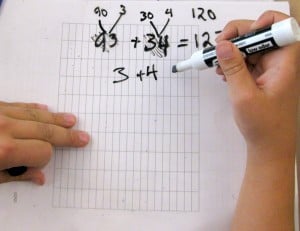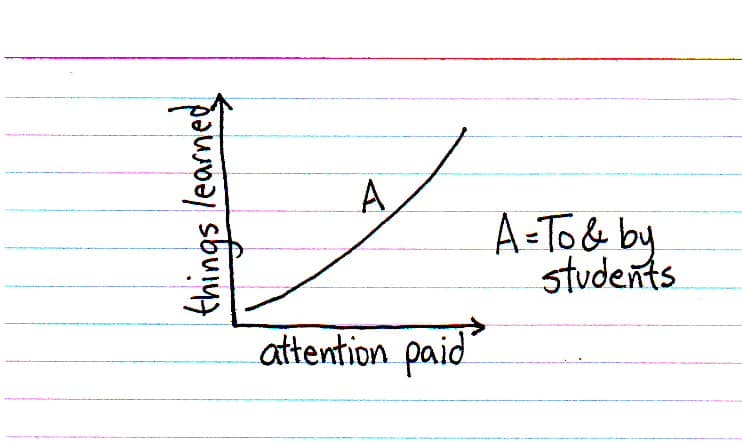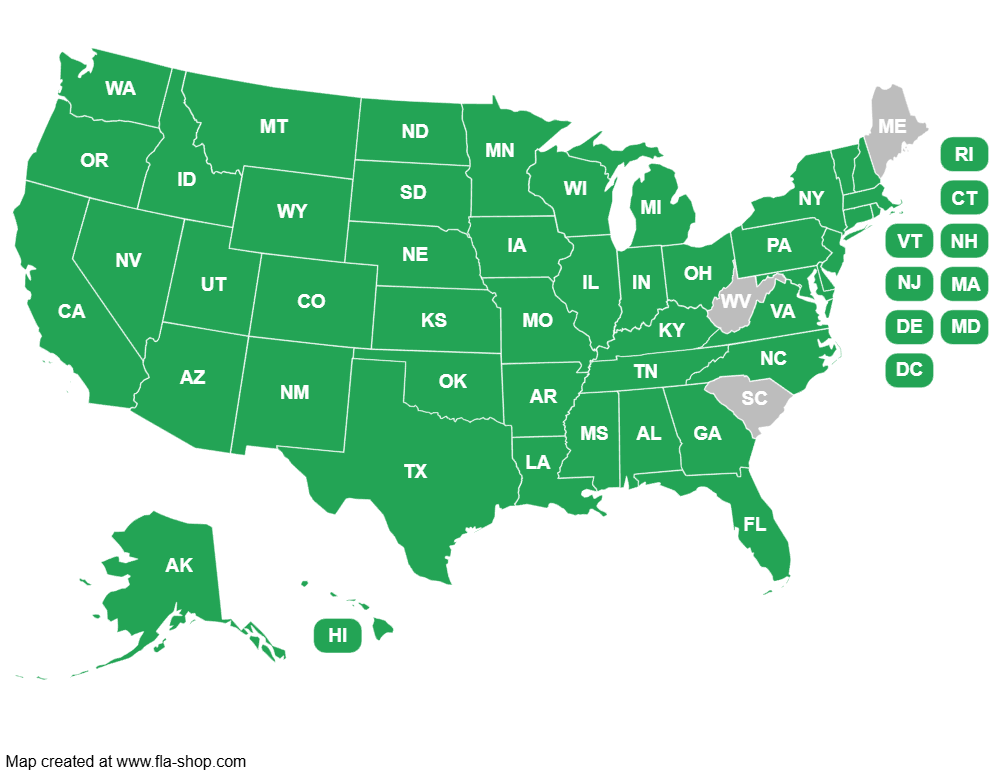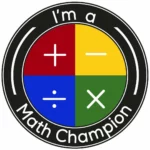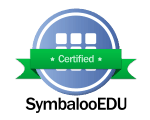As promised, here are the first batch of 2012 dates for my BER seminar “How to Use the Best Strategies from Singapore Math to Strengthen your Math Instruction”
(Click though for specific location and registration info.)
- Jan. 30 – Long Island, NY
- Jan. 31 – Baltimore, MD
- Feb. 1 – Northern Virginia, VA
- Feb. 2 – Richmond, VA
- Feb. 3 – Roanoke, VA
- Feb. 29 – Baton Rouge, LA
- Mar. 1 – Houston
This in-depth look at strategies from Singapore math will put your students on the road to success with number sense, computation and problem solving. (Plus you a get a handy-dandy handbook!)
More March 2012 dates will be posted soon!
